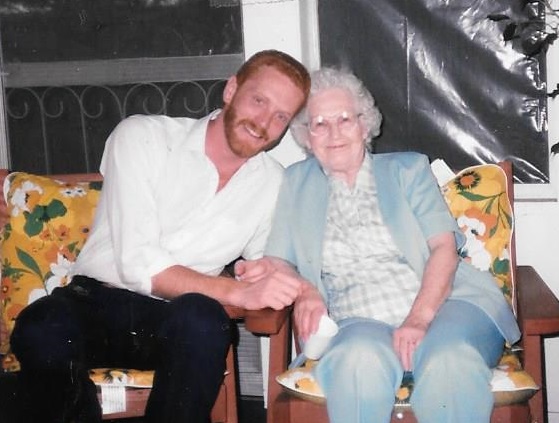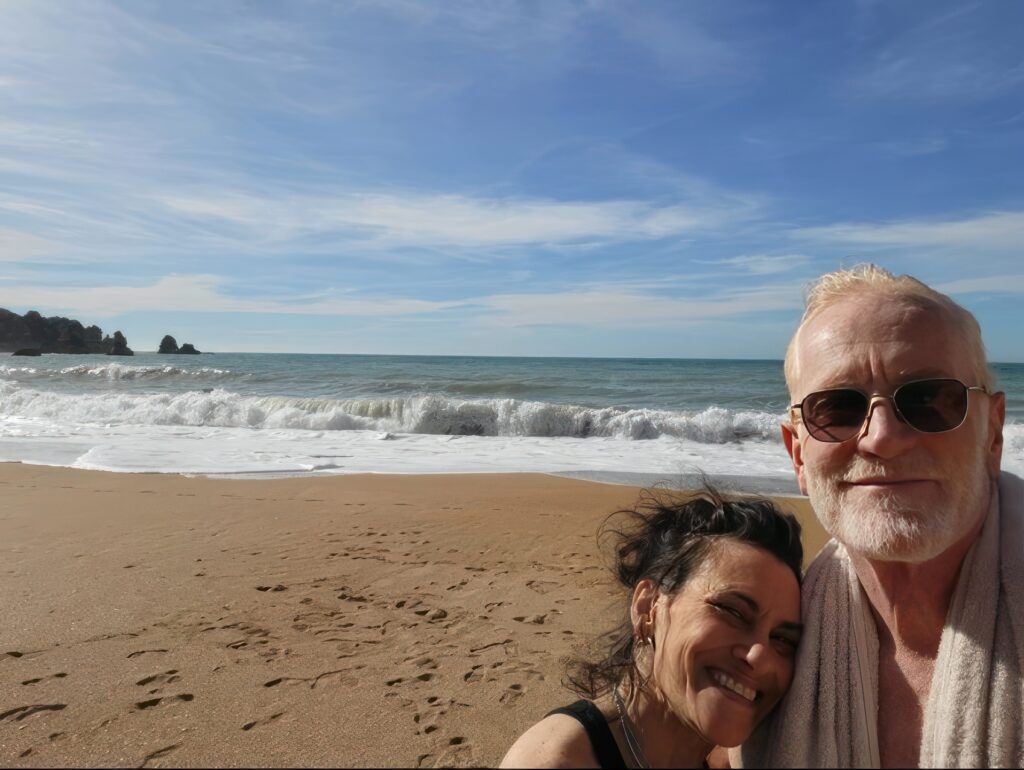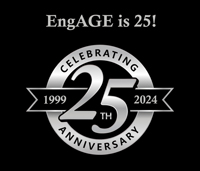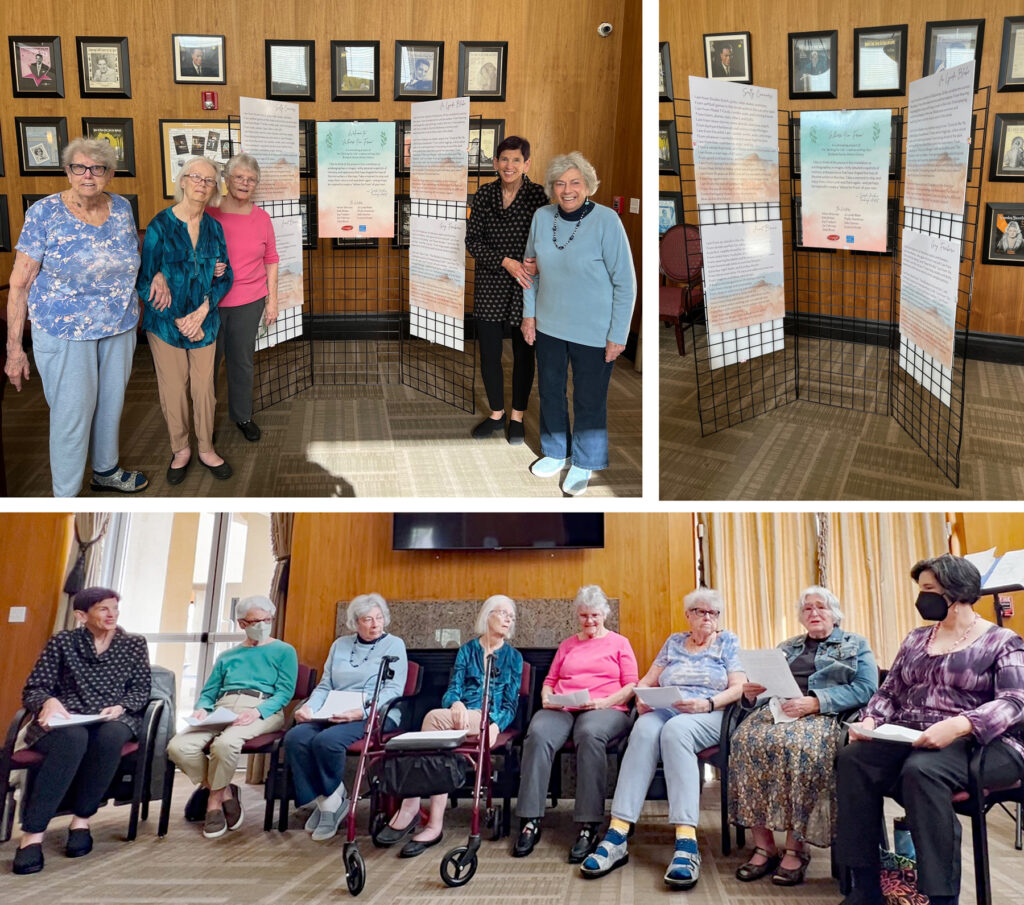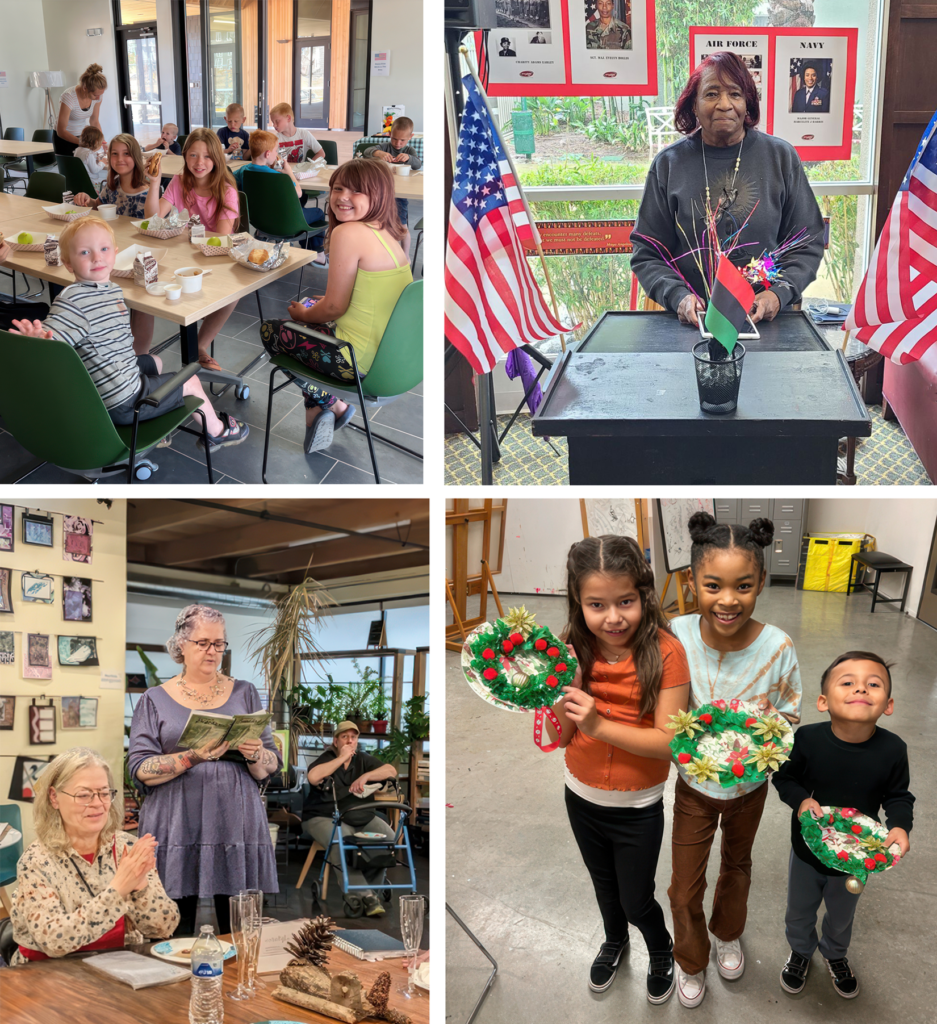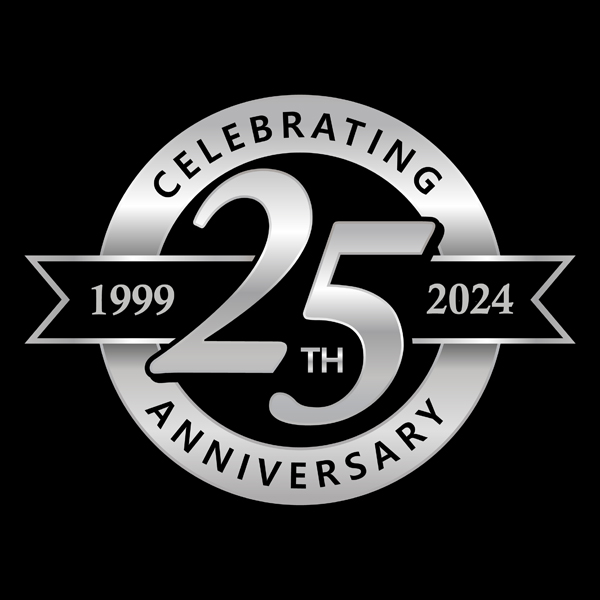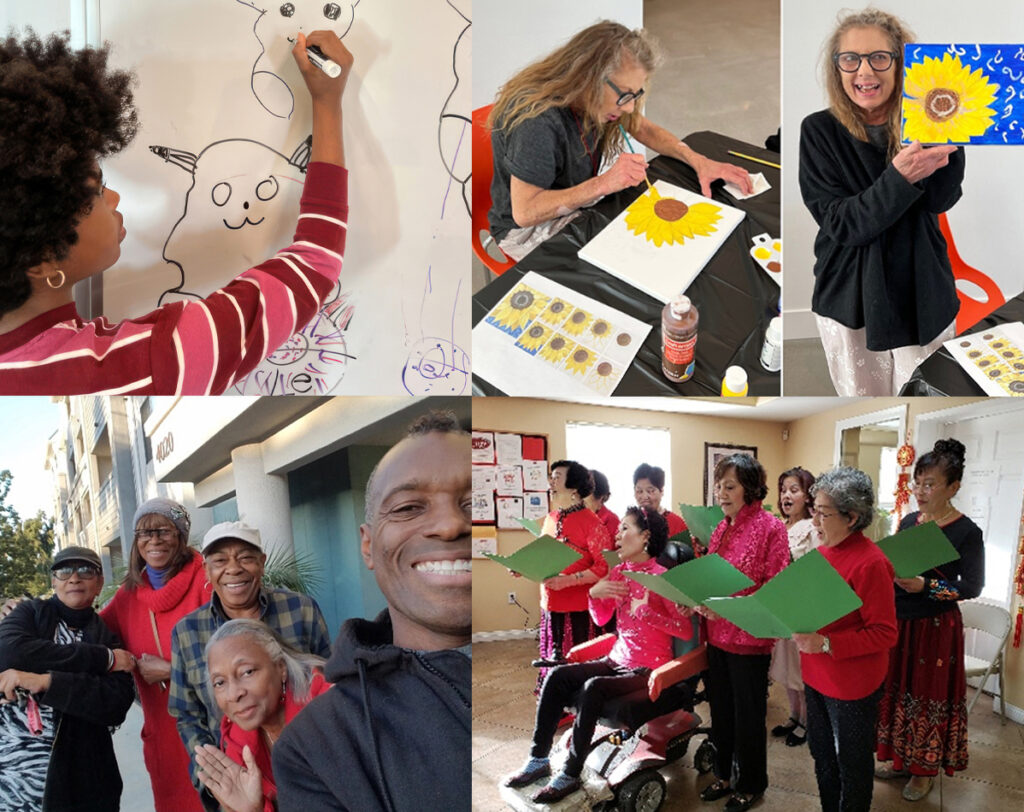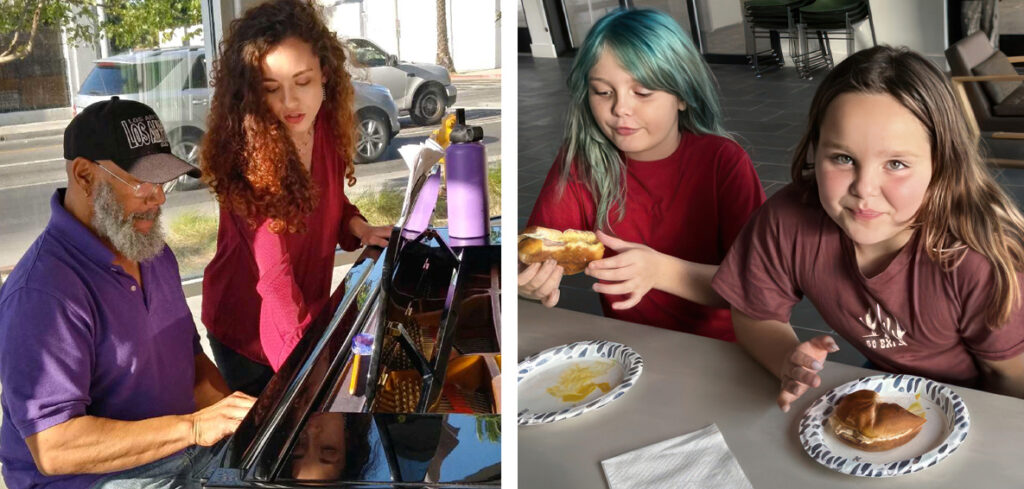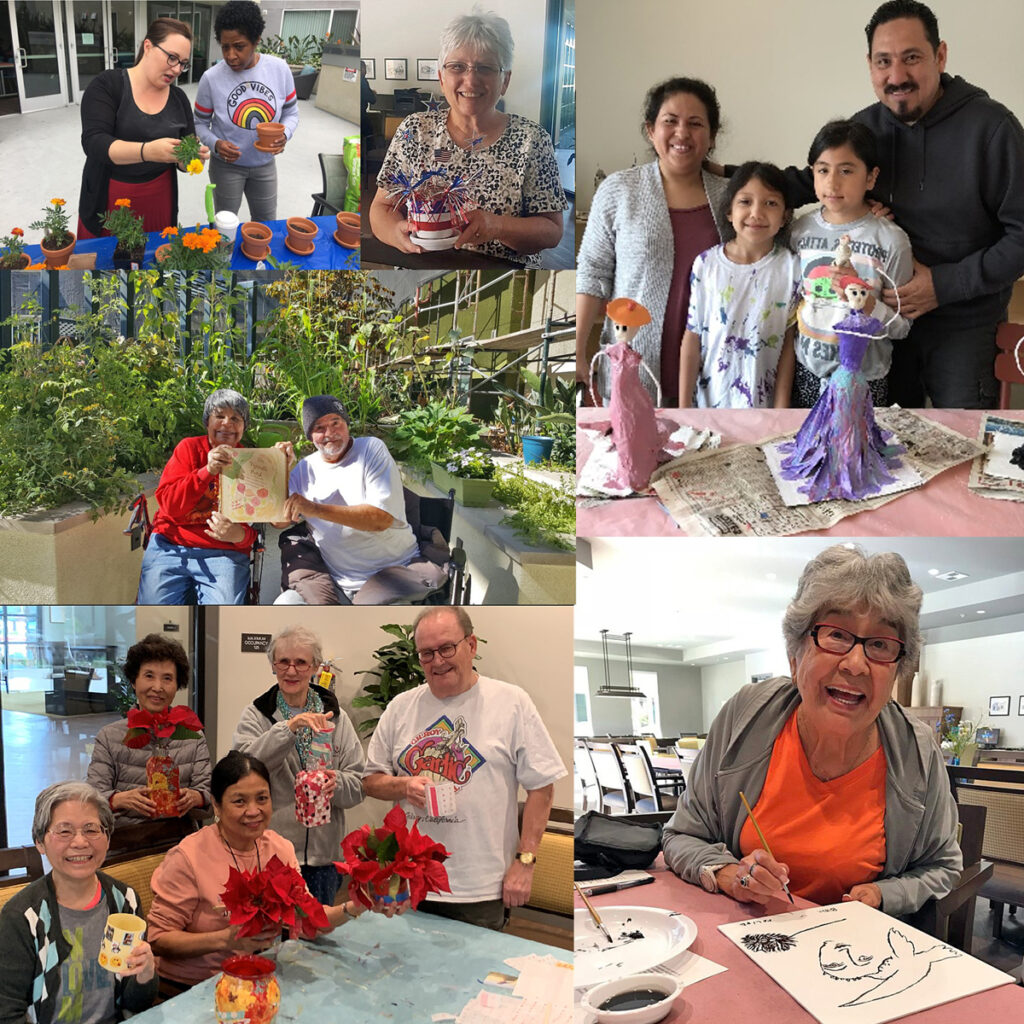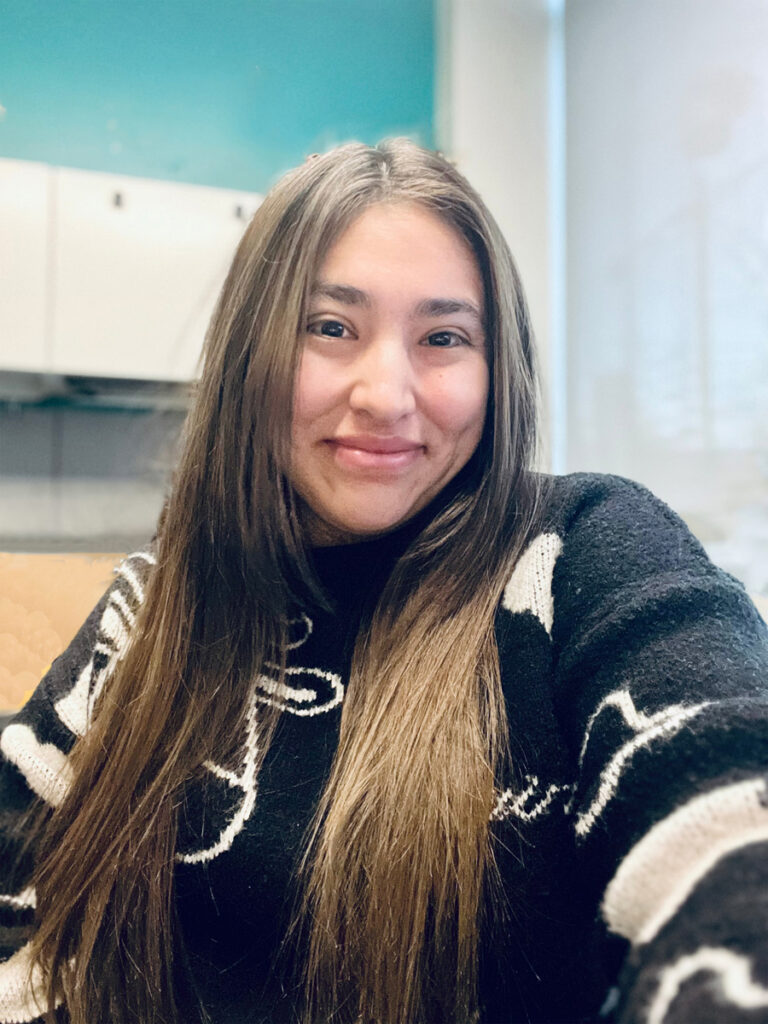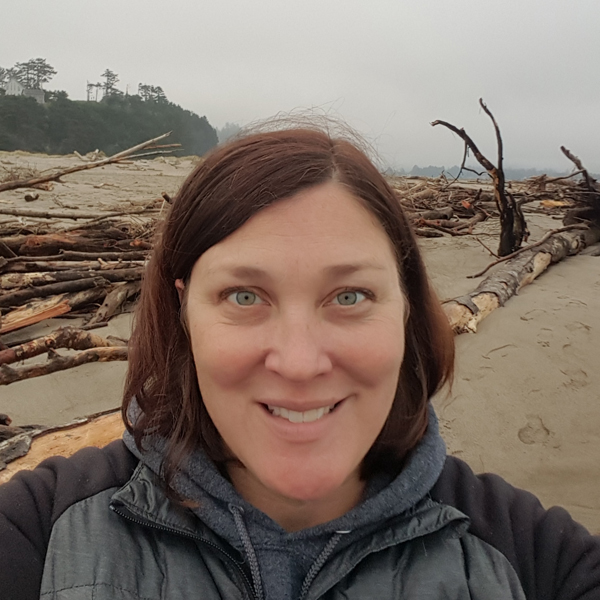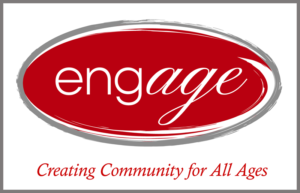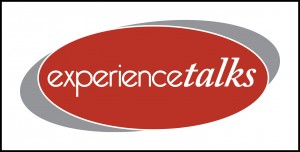We are delighted to be celebrating our 25th anniversary this year!
Our remarkable journey has been made possible by our generous funders, our supportive Board of Directors, and the visionary low-income housing developers and committed management companies we work with. Thank you. Our entire dedicated EngAGE team is proud to have made life better for the residents of all ages in the communities we serve.
Tim Carpenter founded our organization in 1999 because he envisioned a better way for older adults in our society to spend their retirement years. That vision has expanded to include a better way to develop multi-generational communities. It has expanded beyond offering a single writing class in one location to serving 50 communities throughout California and Oregon by providing programming in the arts, wellness, and lifelong learning. Our signature EngAGE arts program, “EngAGE in Creativity,” is considered one of the best practices models in the country and has been funded for expansion by three major philanthropies.
After leading EngAGE for 25 years, Tim has stepped aside as our CEO and is transitioning into semi-retirement. If you missed his letter and the letter from our Board of Directors about this, you can read them here.
During this 25th anniversary year, we hope you’ll join us as we celebrate our accomplishments and share some of our favorite memories and milestones. Thank you for your interest in EngAGE.
